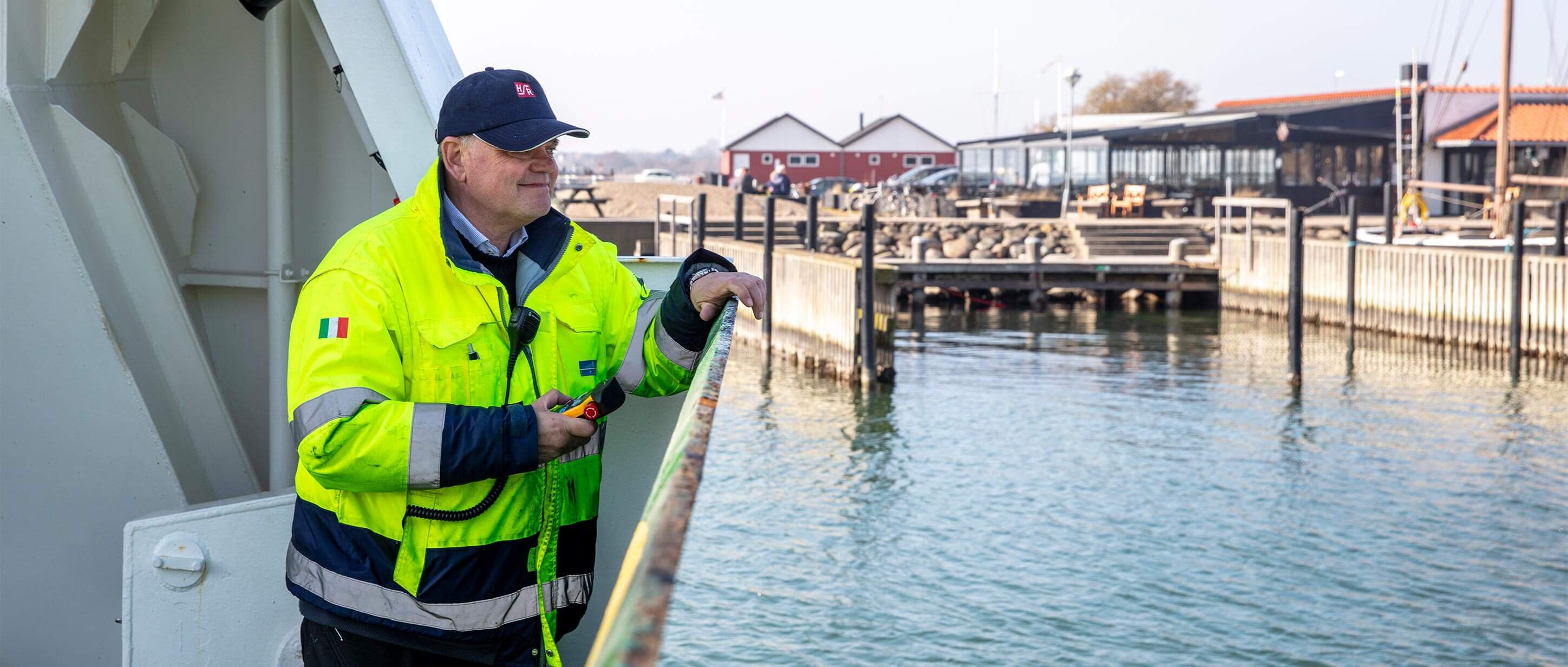The Danish Supreme Court has recently ruled in a fundamental work-related injury case, in which the court has approved the practice followed by the workers' compensation authorities years which protects employees as widely as possible.
Injuries resulting from fainting at work are occupational injuries, regardless of whether the fainting is due to personal causes. The Workers' Compensation Authority has followed this practice for many years, and recently it has been approved by the Danish Supreme Court.
Earlier in October a ruling was handed down in a fundamental workers' compensation case concerning two different individuals and incidents with comparable circumstances, where the injured parties fainted during working hours and sustained injuries as a result of falls.
In both cases, the parties agreed that the injured persons' work did not cause them to faint, but the National Board of Appeals and Labour Market Insurance (AES) had recognized the injuries as work-related.
The Supreme Court points to the fact that both individuals were in the process of carrying out their work when the incidents occurred, and then ruled that their injuries must be considered to be a consequence of the work or the conditions under which it had taken place. This was true regardless of the fact that the parties agreed that their work was not the cause of the fainting itself.
Under those circumstances, there was no basis for setting aside the decisions of the National Board of Appeals and Labour Market Insurance. In both cases, the High Court had reached the same conclusion.
The UFDS is pleased that a final clarification has now been reached. This is an important question of the interpretation of the Act and the scope of Section 5 of the ASL, which has not previously been clarified in case law.
»It provides some reassurance to our members and their employees to know that the law protects us all, and that it takes a lot before you as a seafarer are not covered. So, I am very pleased that the Supreme Court ruling thus underlines that the authorities' practice is correct,« director of UFDS, Jacob Munch, says.
More specifically, the ruling follows and codifies the current practice as described by the National Board of Appeals in Decision 16-14, which states that the workers' compensation authorities are not required to make a probability assessment of whether fainting at work has actually caused greater injuries than it would have done elsewhere.







